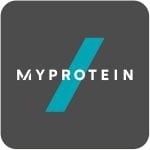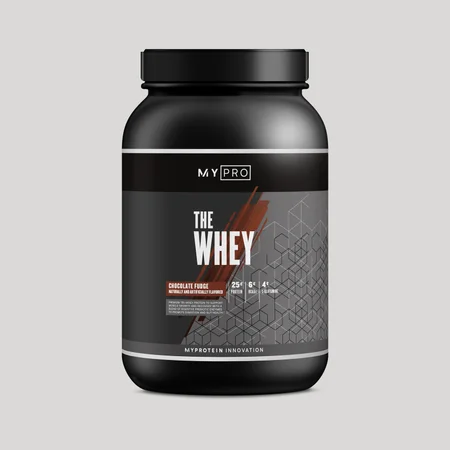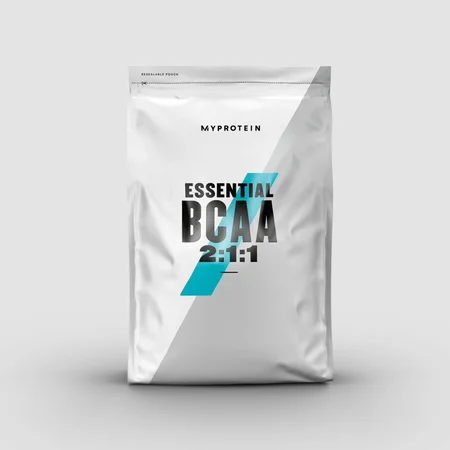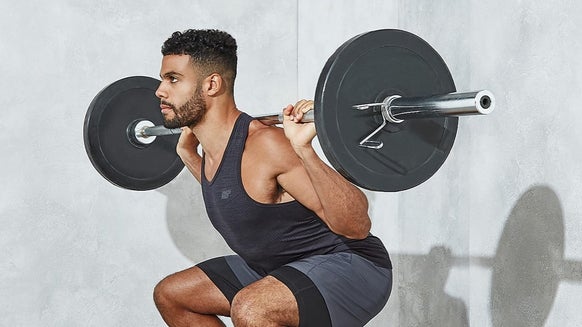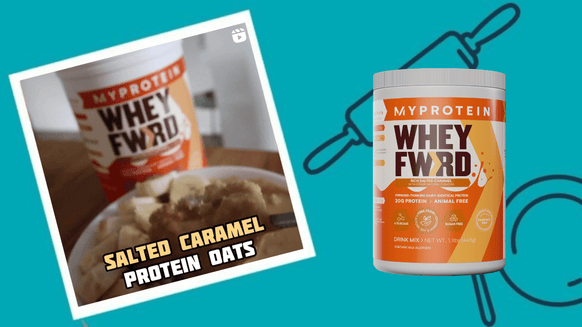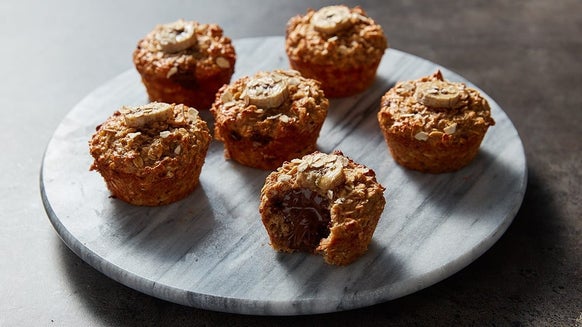
If you've heard of Folic Acid then it's probably fair to say you're in the minority. It is an ingredient that is starting to appear in products within the sports nutrition industry, but why? What is it and what does it do? It's time to find out all about Folic Acid.
So, What is Folic Acid?
Folic Acid is an important B Vitamin. It came to prevalence for its ability to help prevent serious neural defects and the importance of Folic Acid in the everyday diet was confirmed when the it became law in 1988 to fortify foods with the B Vitamin in the US. Strength training is now the market where Folic Acids popularity is growing the most.

The Benefits of Folic Acid
The main reason Folic Acid is becoming increasingly popular among bodybuilders is as a result of its ability to help form DNA. Protein is vitally important in the development and maintenance of muscle tissue, but if folic acid is absent, then your body simply cannot access the amino acid building blocks required to create muscle.
Note: Folic Acid is not an enzyme, but enables enzymes to perform their job more efficiently.
There is also evidence to suggest that Folic Acid can help increase your body's ability to take in more oxygen. The ability to take in more oxygen allows for improved respiration and as a result more energy. This in turn will lead to you being able to work out harder, for longer.
So after reading this it becomes obvious why Folic Acid is becoming increasingly popular among bodybuilders. Anything that helps to increase muscle mass is going to interest those who compete and it could well be of interest to the average gym goer too.
It essentially improves your body's ability to make use of the protein you consume and this is incredibly important if you wish to build muscle.

What Foods Contain Folic Acid?
Folic Acid is found most readily in dark green vegetables such as spinach, asparagus, spouts, broccoli and Brussels sprouts.
It is also contained in lentils, dried beans, peas, nuts, avocados, citrus fruit and fruit juice. So there are plenty of ways to make sure you're consuming Folic Acid in your diet, as well as consuming other important vitamins and minerals.
You should be looking to consume around 400 mcg per day as an adult and should not exceed 1000 mcg.

Any Drawbacks?
Taking this supplement has not shown any major health concerns at present.
The main thing to pay attention to when taking any supplements containing Folic Acid is to not exceed the recommended daily dosage.
That being said the risk from Folic Acid is low due to the fact that it is a water-soluble vitamin meaning that it is regularly excreted by the body through urination.
Take Home Message
Folic Acid is becoming increasingly popular among bodybuilders and sports nutrition companies are responding by increasing products containing Folic Acid. The main benefit includes helping to make the most of the protein you consume to increase muscle growth and maintenance.
